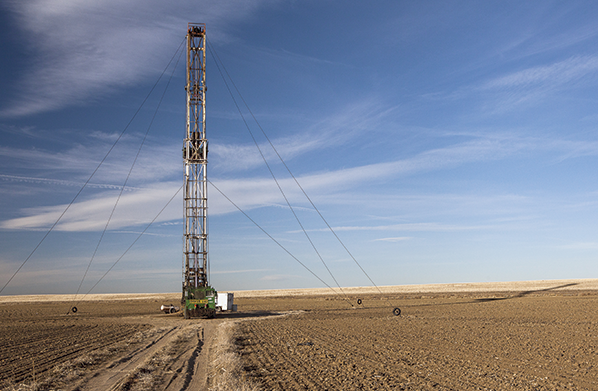Last week, Colorado’s attorney general filed a lawsuit challenging Boulder County’s fracking moratorium.
Boulder County has persisted with its fracking moratorium, even after the Colorado Supreme Court ruled in May that restrictions on fracking should be enacted at a state level, not a local level.
Attorney General Cynthia Coffman said Boulder County was “in open defiance of state law.”
“I suppose I could ignore the fact that a local community is violating state law,” she told the Denver Post, “but I don’t think that’s a wise thing for me to do as attorney general.”
Boulder County, which has had a moratorium on fracking in place since 2012, has insisted the lawsuit is premature. County officials say they’re on track to move forward this spring with new regulations that would bring them in compliance with state law.
Writing in Forbes, the Washington Legal Foundation’s Cory L. Andrews has praised Coffman:
Despite [the outcome of the November election], and notwithstanding the ruling from the Colorado Supreme Court, the Boulder commissioners remained undaunted and recently extended the county's fracking moratorium until May 2017.
Boulder has vowed to oppose Attorney General Coffman's lawsuit, despite having no legal leg to stand on. Doing so is an unfortunate waste of Boulder taxpayers' money and would only delay the county's ability to enjoy the economic benefits that the rest of Colorado has been enjoying over the past decade.
Coffman is right to sue. Especially targeting the purple state of Colorado, environmentalists have tested a strategy that involves enacting enough local-level restrictions on drilling to cause major regulatory hassles and to create a general climate of uncertainty for the energy sector. The Colorado Supreme Court rightly acknowledged the state’s key role in regulating energy, and Boulder County’s refusal to comply is out of line.


